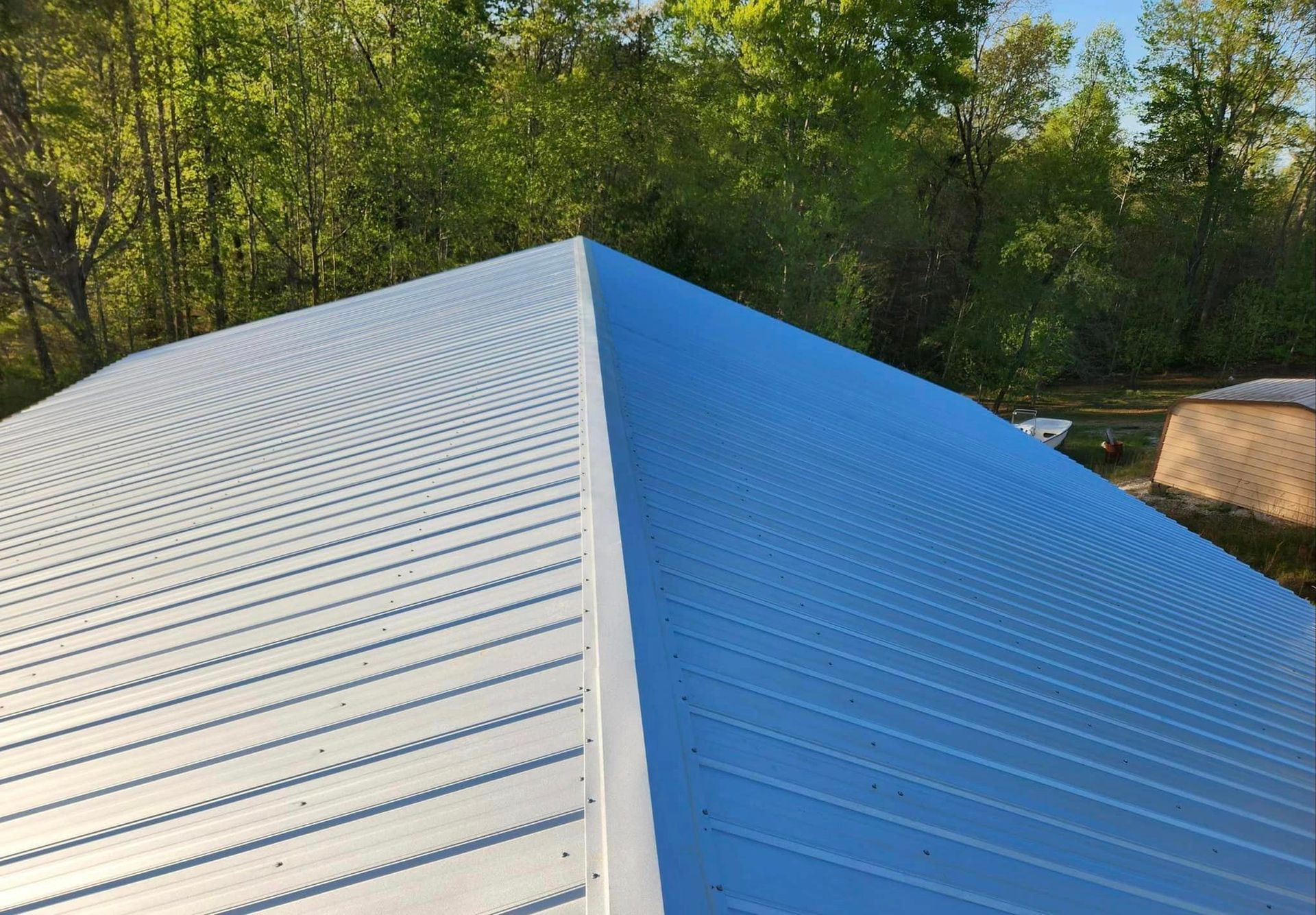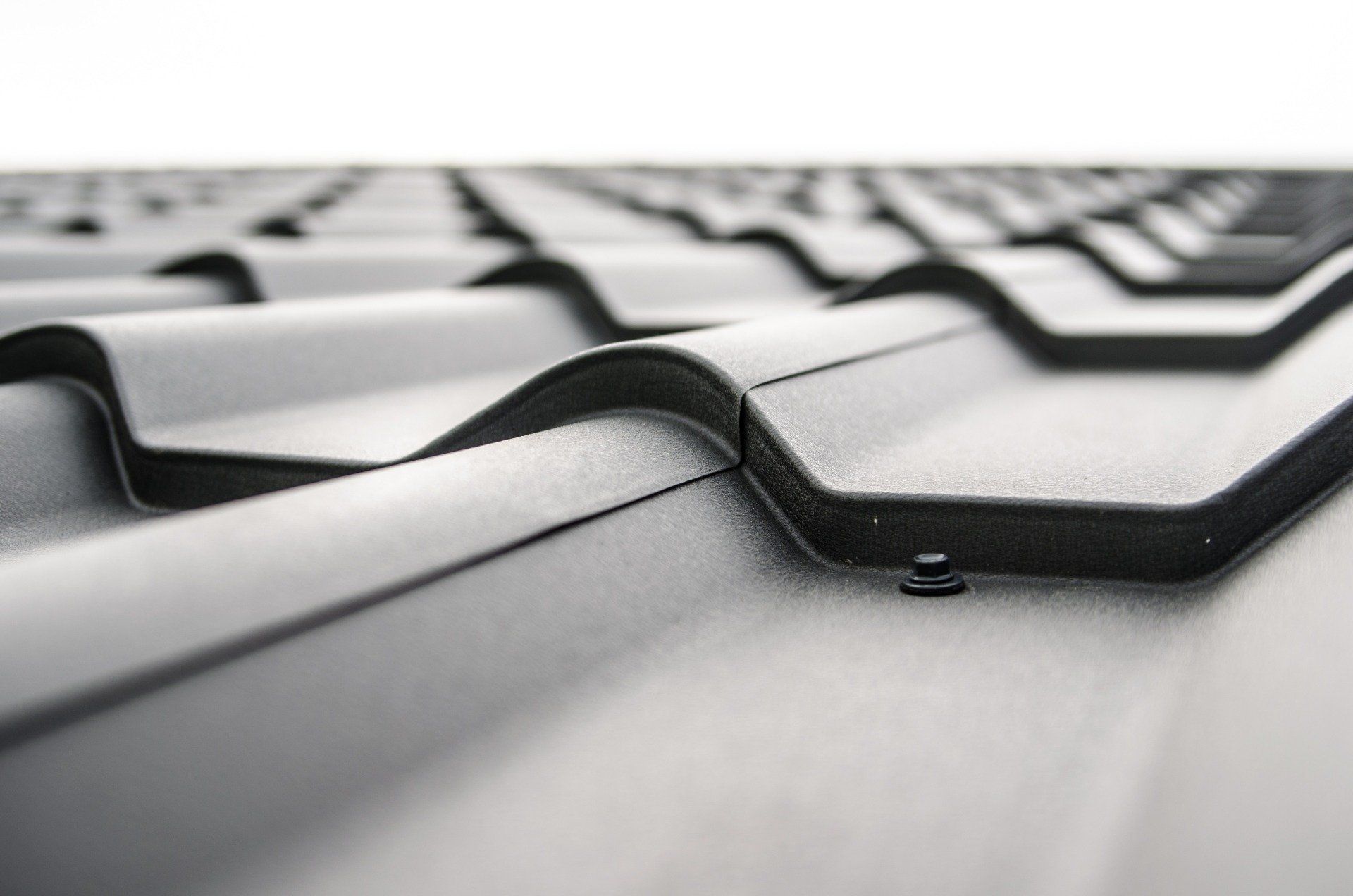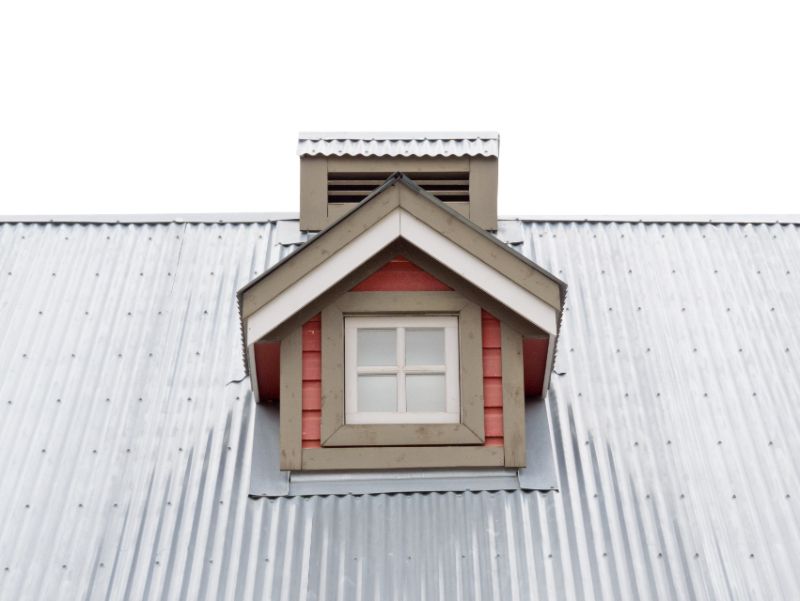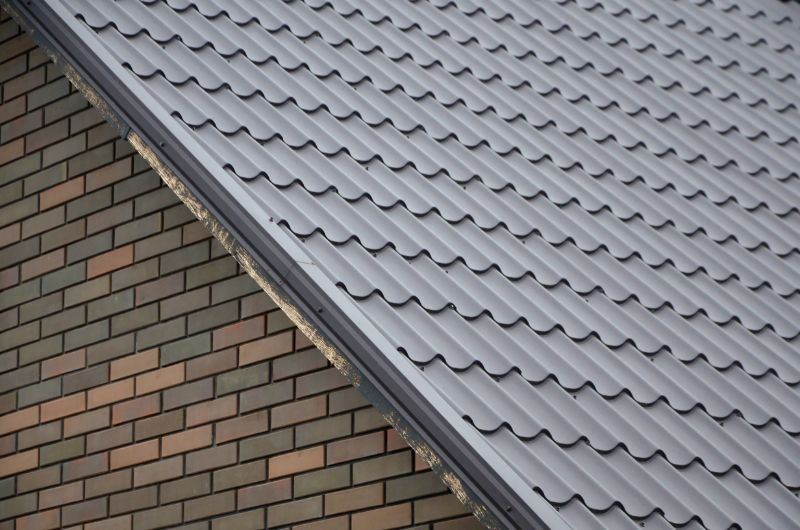Metal Roofing
A Comprehensive Guide for Homeowners and Metal Roofing
Metal roofing is becoming an increasingly popular choice for homeowners across the world. With its unmatched durability, energy efficiency, and aesthetic appeal, it is easy to see why. This comprehensive guide will discuss everything you need to know about metal roofing, including its benefits, types, installation process, maintenance, and much more.
-
Information about Metal Roofing
Metal roofing is a roofing system made of metal pieces or tiles. It is a relatively new roofing material that has gained immense popularity over the years due to its numerous benefits over traditional roofing materials such as asphalt shingles, clay tiles, and wood shingles. This guide will discuss the various types of metal roofing, their installation process, benefits, and maintenance.
-
Benefits of Metal Roofing
It offers numerous benefits over traditional roofing materials. Here are some of the benefits of metal roofing:
Durability
It is incredibly durable and can last several decades without needing replacement. Unlike other roofing materials, it can withstand harsh weather conditions such as heavy rain, snow, hail, and wind without sustaining any damage.
Energy Efficiency
Metal roofing is an excellent insulator and can help reduce energy consumption by keeping your home cool in the summer and warm in the winter. This can significantly lower your energy bills and help you save money in the long run.
Aesthetic Appeal
Metal roofing comes in a wide range of colors, finishes, and designs, making it easy to find one that complements the architecture of your home. Additionally, it has a sleek and modern look that can increase your home's curb appeal.
Eco-Friendly
They are made from recycled materials and are 100% recyclable, making them an eco-friendly roofing option. Additionally, metal roofing materials reflect the sun's rays, reducing the urban heat island effect and helping to combat climate change.

Slide title
Write your caption hereButton
We Know Metal Roofs Best

Types of Metal Roofing
There are several types to choose from, each with unique characteristics and advantages. Here are some of the most common types:
Standing Seam Metal Roofing
Standing seam roofing is a popular type with vertical panels with raised seams that interlock to form a watertight seal. It is incredibly durable and can last for several decades without needing replacement.
Corrugated Metal Roofing
Corrugated roofing is a type that features wavy panels that interlock to form a watertight seal. It is lightweight, easy to install, and withstand harsh weather conditions.
Metal Shingles
Metal Shingles are another popular type of roofing. Metal shingles resemble traditional roofing materials such as wood, slate, and clay but offer the benefits of metal, including durability and energy efficiency.
Metal Tiles
Metal tiles are another type of roofing designed to look like traditional clay or concrete tiles. Metal tiles are lightweight, easy to install, and offer the same benefits as other types of metal roofs.
Copper Roofing
Copper roofing is a premium type of roofing that is known for its beauty and durability. It is an excellent choice for homeowners who want a unique, high-end roofing material that lasts decades.

Installation Process
Installing metal roofing systems requires specialized knowledge and experience. Here are the steps involved:
Step 1: Preparation
The first step in installing is to prepare the roof surface by removing existing roofing materials and repairing any damage.
Step 2: Installing Underlayment
The next step is to install an underlayment, which serves as a barrier against water and moisture.
Step 3: Installing Metal Panels
The metal panels are installed, starting from the bottom and working up to the ridge.
Step 4: Finishing Touches
Finally, the finishing touches are applied, including ridge caps, trim, and sealant.

Maintenance
It requires minimal maintenance, but regular inspections are recommended to ensure it remains in good condition. Here are some maintenance tips:
Inspect Regularly
Regularly inspect your roofing products for any signs of damage or wear and tear.
Clean Debris
Clean debris such as leaves, branches, and other debris that can accumulate on the roof and clog gutters.
Repair Damage
If you notice any damage, such as dents or holes, repair them immediately to prevent water from penetrating the roof.
Check Sealants
Check the sealant around flashing, vents, and other roof penetrations to ensure they are in good condition.
Professional Inspection
Have your roof professionally inspected every few years to ensure it remains in good condition.
Frequently Asked Questions about Metal Roofing
-
How long does metal roofing last?
It can last for several decades, with some manufacturers offering warranties of up to 50 years.
-
Is metal roofing noisy during rain?
Contrary to popular belief, it is not noisy during rain. When installed correctly, the roofing system will not produce more noise than other roofing materials.
-
Is metal roofing more expensive than other roofing materials?
Metal roofing is generally more expensive than other roofing materials, such as asphalt shingles. However, its durability and energy efficiency can result in long-term savings.
-
Can metal roofing be installed over existing roofing materials?
In some cases, metal roofing can be installed over existing roofing materials. However, this will depend on the existing roof's condition and local building codes.
-
Can metal roofing be painted?
Yes, metal roofing can be painted to match your home's color or achieve a specific design aesthetic.
-
Is metal roofing fire-resistant?
Metal roofing is highly fire-resistant, making it an excellent choice for homeowners in areas prone to wildfires.

